Here Is How To Make Natural Deodrant At Home
By: Kratika Tue, 21 June 2022 6:11:11
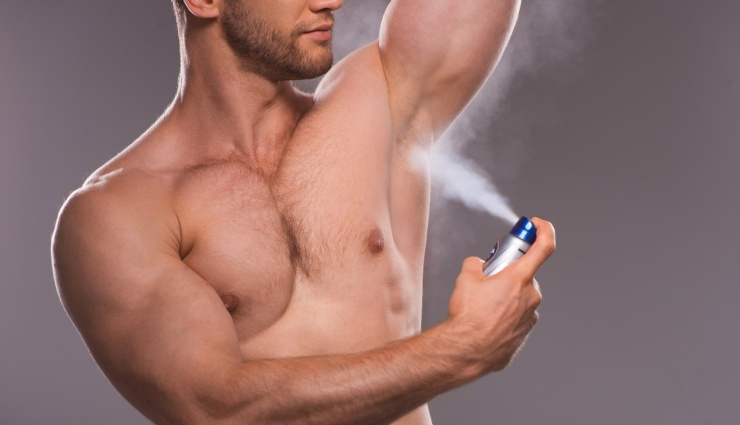
Summers and sweating are related to each other. Every summers we all expand a lot of amount in expensive fragrances to keep us smelling good. But these expensive deodrants have lots of seide effects on our skin.
Sweat is a natural process that helps regulate body temperature. There is a general misconception that sweat is smelly because it contains toxins released by the body, but that’s not entirely true. Perspiration is actually the body’s natural mechanism of getting rid of excess heat and cooling down to a normal temperature.
Keeping yourself smelling fresh is a sign of good personal hygiene, but it should not come at the cost of your overall health. Most commercial deodorants are replete with chemical toxins, such as aluminum compounds, parabens, and artificial fragrances, which can harm your body in numerous ways.
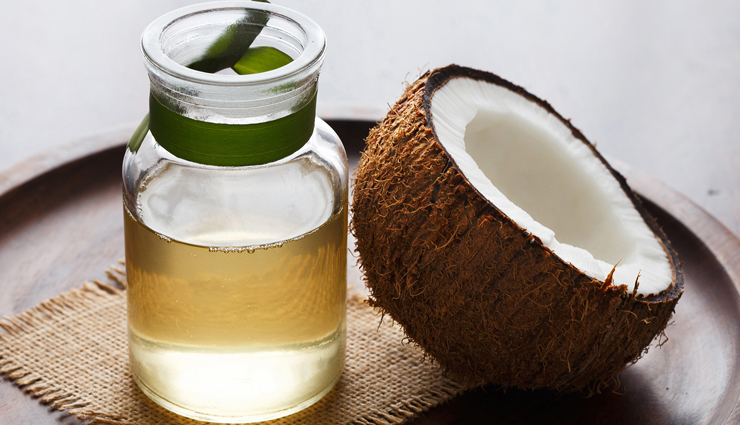
Know the Ingredients
# Coconut oil
Coconut oil contains medium-chain fatty acids, such as lauric acid, that intensely lubricate the skin and seal in the moisture for prolonged hydration. When used topically, coconut oil forms a protective layer over the skin that is hard to breach by environmental toxins and infection-causing pathogens.
Besides strengthening the skin’s barrier function, coconut oil also exhibits antibacterial and antifungal properties that kill microbial overgrowth on the skin, which is the root cause of foul body odor.
This goes to show that coconut oil can function as a natural deodorant with added skin benefits. In fact, simply applying the oil by itself on the sweaty areas of the body can make them stink less without causing any of the side effects associated with regular chemical-containing deodorants
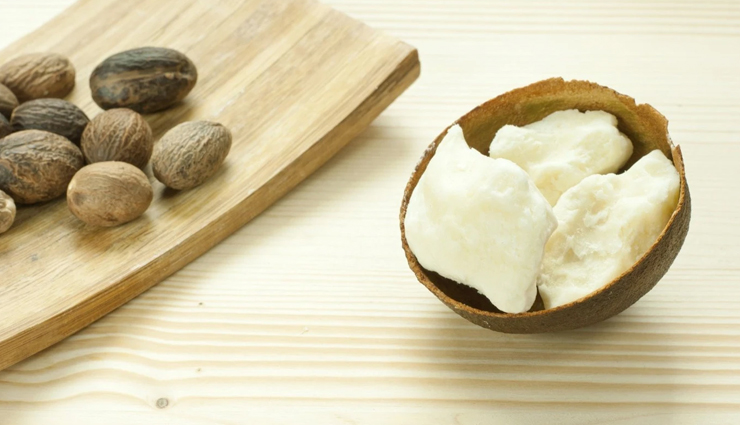
# Shea butter
Shea butter is credited with multiple skin benefits, thanks to its rich content of fatty acids.
For starters, it is readily absorbed in the skin to provide intense, long-lasting hydration without causing any greasiness. The palmitic and oleic acids present in shea butter are strong anti-inflammatory agents that can soothe swelling, redness, and other skin problems.
Shea butter is also replete with vitamins A, E, and F, which help enhance the skin in different ways. Vitamin A promotes collagen synthesis for the growth of new skin cells, and so does vitamin E. More collagen implies faster skin regeneration and wound healing.
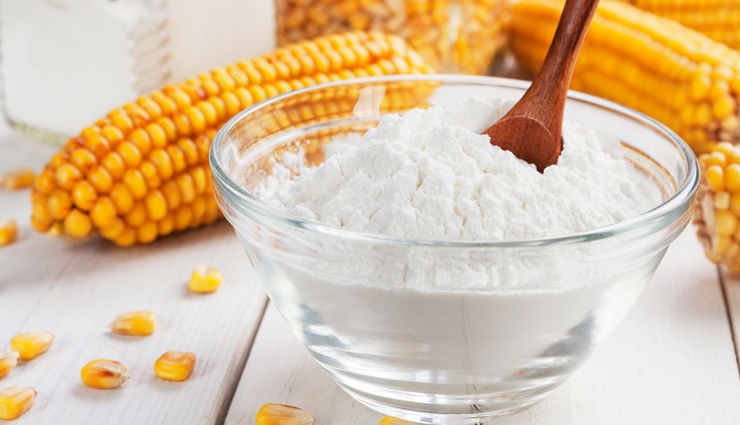
# Arrowroot and cornstarch
Arrowroot and cornstarch are highly absorbent powders that soak up the perspiration and moisture from your skin to prevent the growth of malodorous bacteria or fungi.
These microbes need warmth and moisture to breed rapidly, but keeping your skin dry will deny them these conditions.
Arrowroot can also deeply cleanse the skin by drawing out toxins and is also used to thicken the consistency of the deodorant.
# Bentonite clay
Bentonite clay is a highly absorbent organic clay that detoxifies and soothes the skin. It pulls the sweat, moisture, and toxins from your skin for a deeply mattifying and cleansing effect. Also, its cooling nature helps counteract the stinging caused by baking soda.
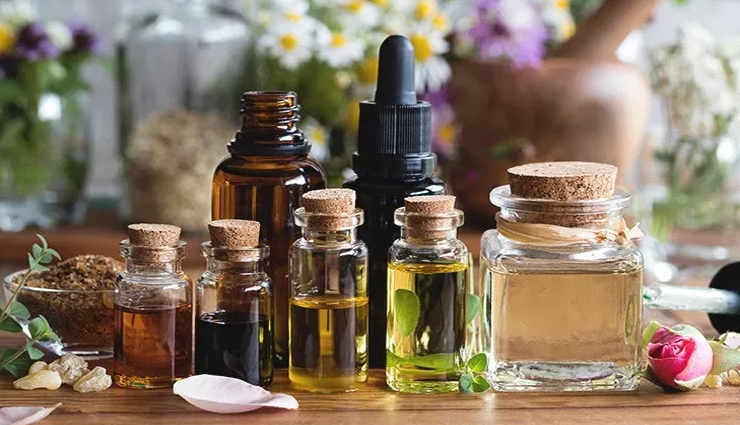
# Essential oils
There are many different essential oils, each with its own skin benefits. These oils derive their medicinal properties from the healing plants they are extracted from.
The commonly used essential oils for natural deodorants include tea tree oil, grapefruit oil, and lavender oil. The first two are credited with strong antimicrobial properties that can eliminate the foul-smelling bacteria present on the skin and thereby reduce the pungency of the body odor. Lavender oil is used for its pleasant fragrance that can mask the body odor.
# Baking soda
Baking soda is highly alkaline and has
absorbent properties. It has the ability to suck the moisture and sweat
trapped in your skin pores, which can lead to extreme dryness if
overused.
Note that the skin is naturally acidic and the
alkalinity of baking soda can disrupt its pH balance if used
excessively. So, be judicious when applying baking soda to your skin.
Another
reason for adding baking soda to the deodorant is its antimicrobial
properties that can curb the growth of odor-causing bacteria.
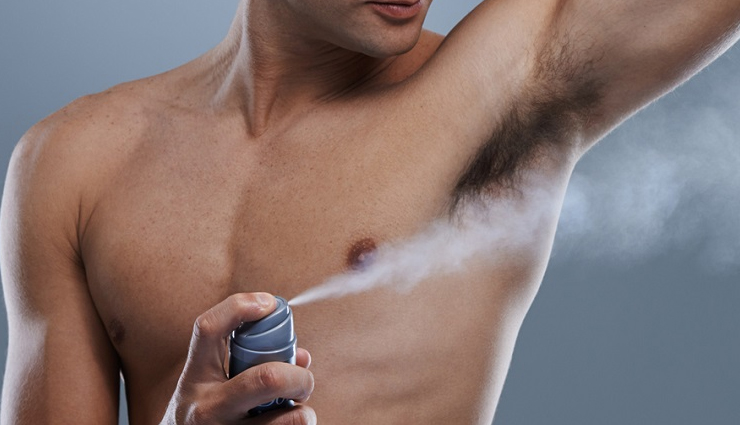
Method
* Put 2½ tablespoons of unrefined coconut oil and 2½ tablespoons of unrefined shea butter in a glass bowl (or jar).
* Put the bowl in a medium saucepan.
* Pour just enough water into the saucepan to surround the bowl without overflowing.
* Place the saucepan on a low-burning stove until the water inside it comes to a boil, during which you must stir the ingredients inside the bowl every minute or two so that they melt and blend together.
* Add ¼ cup of arrowroot or cornstarch, 1½ tablespoons of baking soda, 2 tablespoons of bentonite clay, 6 drops each of lavender essential oil and grapefruit essential oil, and preferably 1 drop of tea tree essential oil to the molten mixture.
* Pour the liquid into empty deodorant containers and let it sit for a couple of hours so that it becomes completely set.
* Once the deodorant solidifies, put the lid on the container and store it in a refrigerator, because coconut oil can melt easily at room temperature.
How To Use
* Put some water on your underarms so that the deodorant glides on smoothly.
* Take out a pea-sized amount of the deodorant and rub it between your fingers before applying directly to your armpits.
* A single application in the morning should last you the whole day, but you may need to reapply if you generally sweat a lot, after working out, or during summer. You can reapply the product whenever you feel its fragrance wearing out.





